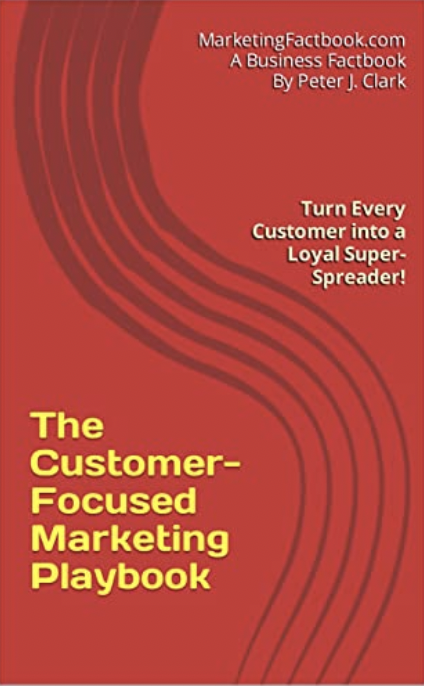Consumers ignore security with trusted brands
As the media raises concerns over how government and corporations use big data, privacy remains top of mind for consumers. And amid all this debate, marketers are aiming for the 'sweet spot' between individualised and invasive when communicating with customers, according to a survey by SAS.
The survey, entitled 'Finding the Right Balance Between Personalisation and Privacy', noted a strong correlation between trust and willingness to share information on the part of the consumer. Trust in data security is by far the biggest factor when customers decide to provide information.
It's a conundrum. While consumers don't feel businesses are being upfront about their privacy policies - US respondents' concerns about businesses tapping their personal information jumped this year from 72 to 77% - a majority of respondents still expect businesses to understand them.
"To build trust, brands can assure customers that their data is managed well and give customers options to decide how their personal information is used," said Wilson Raj, global director of customer intelligence for SAS. "Consumers are OK with giving up some of their personal information for greater personalisation - as long as they get to make that choice themselves and as long as brands demonstrate that they value and protect customer data."
Globally, necessity and good relationships between customer and business seem to affect willingness to share data. For example, nearly three in four respondents are likely to share information with banks or credit unions, who require significant personal information to be a trusted financial intermediary. Customers rely heavily on an institution's integrity to protect their assets and their information.
People are far less likely to share information with other industries, such as phone services, retailers, and travel and leisure. Customers are slightly more likely to share information with their phone companies, because phone service is typically exclusive and involves a long commitment. Retailers and travel businesses, however, fall into an "as-needed" category where customers easily switch loyalties and engage with multiple businesses at once.
Consumers are stingiest about personal information with entertainment providers. Customer dealings with these businesses are more superficial, involving small investments and limited time commitments. They don't see why such businesses need to know more than their transaction history.
If trust in data security is the top indicator of a consumer's willingness to share personal data, then the second is the "give to get" factor. Customers want something in return. While it's a balancing act between how much private information they are willing to share and how much personalisation they expect, 69% of respondents would share hobbies and interests. That information helps marketers reach the next level of intimacy by understanding customer preferences.
In order to get more personalised and relevant offers, about three-quarters of customers are willing to provide their birthday month and year. Not surprising, since birthday offers are very popular with customers and yield 481% better transaction rates than promotional emails.
As companies make more use of customer information they still have work to do to ease their customers' minds about the use and security of personal information. Companies that use data in ways that customers expect and trust will gain advantage.
Companies must set clear expectations with the customer and then build that trust through parallel internal and external activities. Internally they can achieve this through the development of guidelines for collecting, using, analysing and disseminating data, and establishing processes to ensure compliance. Frameworks can be built to monitor ongoing consistency. Externally clear communication with customers on how their data is stewarded and used helps provide transparency and increases trust.
"While it's difficult to get people's attention today, it's more difficult to get their personal information from them," said Brent Leary, CRM analyst and managing partner for CRM Essentials. "Getting people to like you on Facebook or Twitter is more driven by emotion and impulse. Getting them to divulge personal information addresses their practical side. And as this study shows, proving that you can safeguard their information and use it to provide them with value in return can win both their head and their heart."
Sources: SAS / The Marketing Factbook.
Copyright © 2014 - 2025 The Marketing Factbook.
Categorised as:
- Customer Experience
- Customer Loyalty
- Knowing The Customer
- Marketing Know-How
- Marketing Technology
